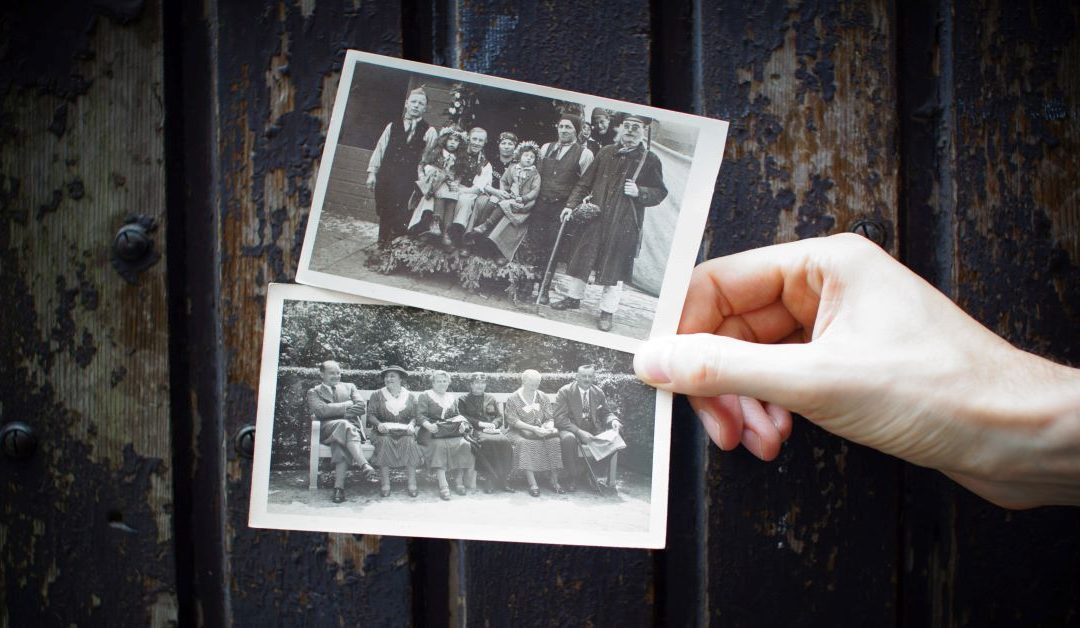Regardless of what may constitute an “ideal” family, surrounding ourselves with a network of people we love, care about, and trust makes the difference between living through a crisis, and surviving a crisis.
Lean On Me: Family ties in times of crisis

Family structures are a stabilizing force. But what really constitutes “family” today? Is it your difficult uncle who lives in the middle of nowhere and you haven’t seen since high school, or the kindly lady next door who invites you over for dinner every month to share stories over homecooked spaghetti with Sunday gravy?
Family ties
David Brooks had a piece in The Atlantic last month, “The Nuclear Family Was a Mistake.” The title is provocative, but his thesis isn’t an attack on families. Instead, it’s a critique of losing our extended network of close family and social relationships.
Brooks contrasts the tradition of the “corporate family” – made up of inter-related families organized around a trade – and the “ideal” nuclear family with four members of a household (mom, dad, and two kids). This ideal, he reminds us, is a totally modern, post-WWII concept:
We take it as the norm, even though this wasn’t the way most humans lived during the tens of thousands of years before 1950, and it isn’t the way most humans have lived during the 55 years since 1965.
For those of us whose families are blended, or we share living space with parents, in-laws, siblings, or friends, we are much closer to the traditional definition of family. As Brooks notes, “…for vast stretches of human history people lived in extended families consisting of not just people they were related to but people they chose to cooperate with.”
The whole article is worth a read. But his major thesis is that the extended familial relationships of our past provide us with more resilience in times of economic hardship and crisis.
Is bigger always better?
Not everyone agrees with this assertion that the large extended families of yore are better than the flexibility and personal freedom many people enjoy today. Even the most superficially inarguable benefit—the extra support for the raising of children and caring for the elderly—may not be entirely as clear cut as it seems. Writing in Psychology Today, Scott Stanley, a research professor and co-director of the Center for Marital and Family Studies at the University of Denver notes:
How many elderly Americans want to have less autonomy and live with their kin? More than a few want increased connection with family…But many others cling to their autonomy and will fight to keep it until reality forces them to do otherwise.
Far from romanticizing Brooks’ traditional extended family, Stanley says that, “some forms of living that Brooks extols as better in the past were quite likely, and largely, driven by poverty, fear, and necessity.”
Support in the time of coronavirus
Although Brooks’ article was written before COVID-19, people are noticing that coronavirus is reshaping American families. In Axios, Erica Pandey observes:
For the first time since the early 19th century, many parents and kids — and even grandchildren — are all under the same roof round-the-clock. And if past periods of emergency are any guide, this enforced togetherness could deepen our relationships for years to come.
Could this deepening of family ties help many of us weather the health and financial crisis?
We recently spoke with Jesús Gerena of the Family Independence Initiative about their unique approach to working with low-income families combatting poverty. Jesus notes that family structure is part but not all the equation: “People are finding their family structure critical for their success, if they can.”
No matter what families look like, Gerena emphasized the importance of community relationships in helping families increase their economic well-being:
I can’t stress enough that community component. We have individuals self-organize in groups of five to eight [families] to rely [on each other], to be vulnerable with one another, and to ask for support.
Perhaps that’s a lesson to take into these days of social distancing and sheltering-in-place. Building relationships always takes empathy, understanding, and communication, and we can still engage in that building even from afar. Regardless of what may constitute an “ideal” family, surrounding ourselves with a network of people we love, care about, and trust makes the difference between living through a crisis, and surviving a crisis.